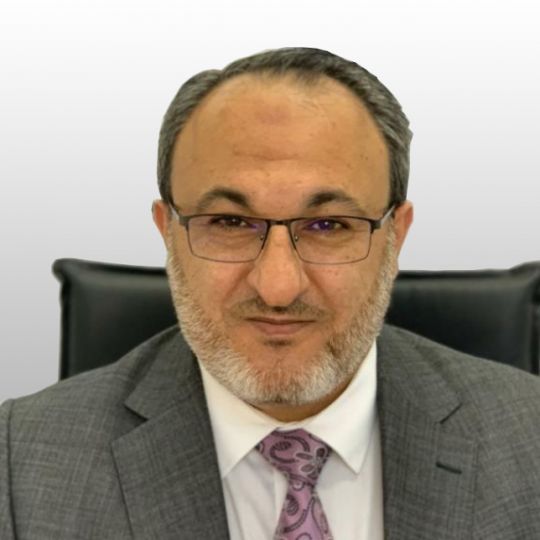Is the United States trying to impose a new Monroe Doctrine on the Middle East and North Africa? The US has brought a large naval force to the region and formed an unprecedented alliance of countries raising questions about this massive military gathering and causing regional and international parties to be on high alert making this question quite legitimate. The Monroe Doctrine which was issued by the US Congress in 1823 originally aimed to confront European intervention in the Western hemisphere but it turned into a form of domination by Theodore Roosevelt in the beginning of the twentieth century who occupied small countries in Latin America flipping the American coin from supposed defender to a savage occupier.
Many in the region are not convinced that the only objective of the American campaign in the region is just to confront Gaza as announced but indeed much bigger objectives. Based on a simple reading of American foreign policy post WWII it is no secret that the US is trying to weaken European countries. Over the years following World War II we have seen how Washington has worked to exhaust European countries and make them dependent on the United States. The Ukraine war was partly designed to drain the European economy and to make the Europeans to always feel unsafe and in need for American military umbrella. The Europeans feel so helpless that even when the United States disrupted the Nord Stream pipeline at the end of last year none of the European countries were able to react effectively and they entered a state of denial.
Additionally Europe losing Russian energy sources was forced to import at inflated prices from the United States. Germany and France openly criticized this situation. German Minister of Economy Robert Habeck expressed his dissatisfaction with the fact that the actions of some “friendly countries” including EU member states and the United States have led to an increase in liquefied natural gas prices and consequently increased European dependence on the United States.
Furthermore the military presence could constitute an attempt to exert pressure on Russia through aircraft carriers capable of carrying dozens of aircraft as well as non-accompanying ships which can enter a war with Russia and Ukraine at any time.
It is also a means to pressure China by attempting to control energy sources and manipulate their prices which would impact the Chinese economy and growth as China heavily relies on energy sources from the region. This presence also poses real obstacles to the projects of the Belt and Road Initiative. This might compliment US efforts to contain China in the Asia-Pacific and impose more pressure on its plan to expand Chinese presence in the region especially after the visit of the Syrian President to China a few weeks ago.
The American presence in the region may also seek to prevent any possible political change in the Arab and Islamic world similar to that which happened in the Arab Spring and lately in the sub-Saharan countries. Over the years the region has inherited a Western-dominated fragmented and weak world and the United States wants to maintain the status quo through its actual presence in the region directly threatening these systems and providing protection when necessary.
The presence is not only provocative to major powers which may not hesitate to enhance their military presence in the region in response. It also provokes ambitious regional powers such as Iran and Turkiye. The United States does not hide its animosity towards Iran and has sent clear and direct threats to Tehran indicating that it is targeted by the military presence and Iran has been preparing for long years for such a not unlikely war.
On the other hand Turkiye is greatly affected by the Western military presence in the East of the Mediterranean not only because Turkiye has very sour memories from such coalitions but also because it is located at the heart of the region’s geography. The presence of these massive military forces will affect balance of power in the region. It will pose barriers to Turkish ambitions to enhance its presence in the Mediterranean and seek energy sources. It will raise Turkish fears of the American dubious relations with Kurdish separatist/terrorist groups and it will act to confront this situation.
Turkiye as a NATO member has complex calculations in this situation and the presence of fleets puts additional pressure and greater provocation on it especially as public pressure is mounting on President Erdogan particularly from his conservative vote bank to do something to stop Israeli war crimes in Gaza. Turkiye faces huge challenges and will be forced to reassess its relationship with the United States NATO. In fact western policies might push the Turks into the arms of China and Russia and many other Muslim countries might follow their example bearing in mind Turkiye’s relation with Egypt have been improving lately.
– Dr Mohammad Makram Balawi is the Director General of League of Parliamentarians for alQuds (LP4Q). His article appeared in MEMO.














